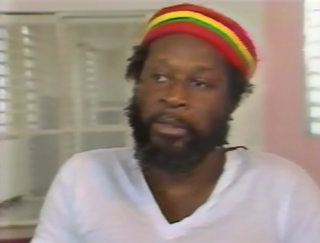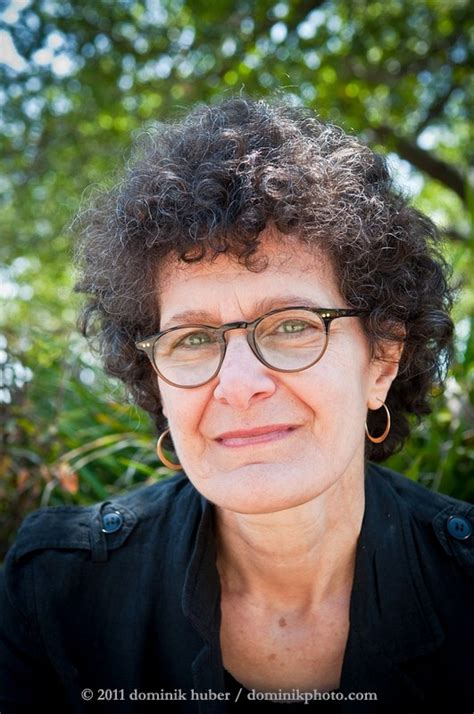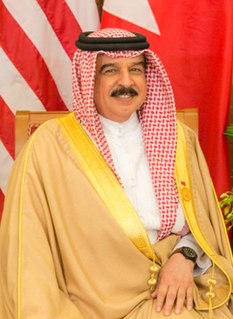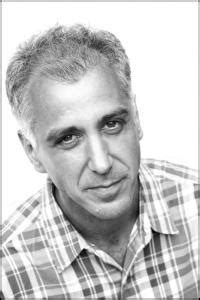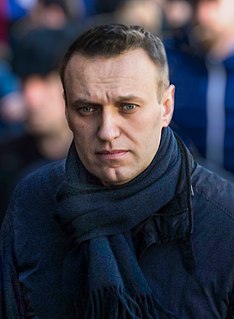A Quote by Sekou Odinga
People don't even know that we have political prisoners.
Related Quotes
Of course, no state accepts [that it should call] the people it is imprisoning or detaining for political reasons, political prisoners. They don't call them political prisoners in China, they don't call them political prisoners in Azerbaijan and they don't call them political prisoners in the United States, U.K. or Sweden; it is absolutely intolerable to have that kind of self-perception.
There are several dozen political prisoners in Russia. When I cite that number people are often very surprised. They often think there are more. Well - there are hundreds of thousands of people who haven't had a fair trial, who are victims of the political system. But in the Amnesty International sense of the word, most of them are not political prisoners because they are not going to prison for protesting.
My sense, and I'm sort of guessing, is that the journalists were being classified by the government as common criminals, and the political prisoners were so resistant to being that. Always keeping [the other prisoners] as murderers, thieves, that sort of thing, which has a certain irony to it, I guess. It's a curious thing.
Let me see: art and activism. I can always fall back on, "the question should be, what isn't political? Everything you do is political, even if it's abstract. You're making a political statement even if it's unwittingly." I think so much of art is unconscious anyway, the artist doesn't know the real reason they're doing it. They're just kind of going along with it intuitively.
The worst illiterate is the political illiterate. He hears nothing, sees nothing, takes no part in political life. He doesn't seem to know that the cost of living, the price of beans, of flour, of rent, of medicines all depend on political decisions. He even prides himself on his political ignorance, sticks out his chest and says he hates politics. He doesn't know, the imbecile, that from his political non-participation comes the prostitute, the abandoned child, the robber and, worst of all, corrupt officials, the lackeys of exploitative multinational corporations.
